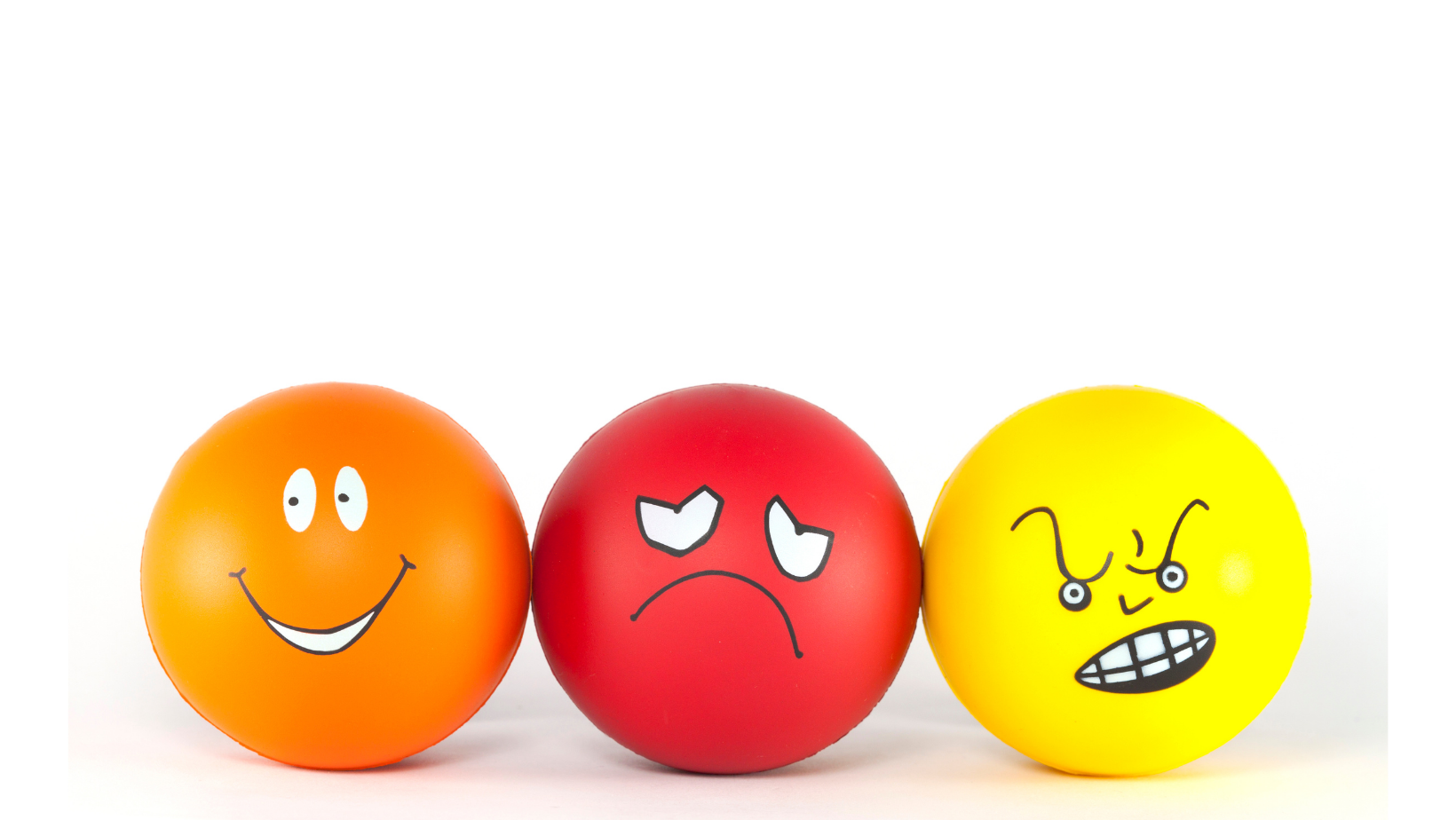What’s So Funny About Anger? Guest Post By Cathy Bustos
Date:Wednesday November 24, 2021

Twenty-five years in law enforcement were enough to teach me that there are two acceptable emotions in our profession. Anger and humor. I lived this; I felt it and accepted it as a universal truth, but seriously, what about all the emotions in between? What’s wrong with them?
How many of you can picture this officer in your head? Pissed off, aggressive, outspoken, opinionated? I am sure everyone reading this has a mental image from someone in their department. The guy or gal that everyone finds humorous or terrifying because their emotional reactions are over the top?
For many years that was me, and it impacted everything around me. After dealing with multiple traumatic events and the aftermath as well as the stigma of showing emotions in this profession, I was angry. Not physically hurt someone angry but just short of it, and those around me either found it funny or they shied away from it in fear of the fallout. The outbursts, the confrontations, the take no prisoners attitude were all fodder for locker room gossip.
I often wonder why our profession finds anger so funny. Is it because in our profession it is socially acceptable to be “angry” rather than “sad”? Is this what we teach our young officers coming into this profession? Is this what our legacies will be in the future?
While many of us come into this profession with unhealed trauma from childhood or adverse childhood experiences, none of us take the time to wonder how that affects us into adulthood. We know we want to help people and serve our communities but is it really because we want to save or help heal that little boy or girl like us. Instead, we develop a necessary mentality to survive, which often leads to the disregulation of our emotions, bodies, and lives. We become angry, outspoken, opinionated, and have a generally poor attitude which, because there are so many of us out there in this profession, we blend right in. This mentality in our profession creates our culture, and our culture creates our lives. The cycle continues. A few of the things we learn early on is that we can be funny. This is acceptable. We can be angry. This is acceptable but anything in between must be kept hidden. We learned it’s okay to laugh at things that aren’t funny because that’s an acceptable reaction in our profession, how we cope with the aftermath of all the horrific calls, sights, and sounds we see and hear daily. We learned that its okay to be angry because after all who wouldn’t be in our situations, but we never learn the truly life changing effects of feeling okay, knowing we have struggled but gotten through it, crying at something that is sad in an appropriate time frame or healing ourselves or of ridding ourselves of the trauma we experience as a child or as an adult?
Another acceptable term in our profession is “it is okay not to be okay.” While this is true, it is okay to acknowledge that you are angry, scared, or sad. However, there is no acceptable reason you shouldn’t be working on fixing this.
If you are that angry guy or girl, take a good hard look at your emotional health. Are you that angry guy that lashes out at those around you? Are you the target of frequent criticism due to your relationships with coworkers? Are you the person that many people shy away from?
Suppose this is you now. Please don’t say to yourself; this is how I am; everyone can take it or leave it. In the end, it is only yourself that you are hurting. In the end, it is your life and relationships that are affected. In the end, it is your legacy you are leaving behind.
Five things to start with:
- Counseling- a culturally competent counselor who specializes in trauma can help you explore the reasons for your anger whether it be from childhood or this profession they can help. If you go to one you don’t like, find another.
- Exercise- we live in a world where anxiety and depression are high. Mild exercise in any form can help. CrossFit, Pilates, Yoga, weightlifting, even walking thirty minutes a day can lower the toxic chemicals sent into your body after a critical incident or physiological response to trauma.
- Drink water- it flushes the stress chemicals out of your systems so our organs are not damaged, and inflammation sets in which can then lead to chronic pain.
- Gratitude exercises- writing down the things you are grateful for every day changes the neuroplasticity in your brain from the adverse effects of this profession.
- Nutrition- while I love Whataburger as much as the next guy, balance is key. Try to eat whole-natural foods. Physical health has a great deal to do with mental health. Take care of them both.
In the end, anger is not funny no matter what we tell ourselves. So, if you find yourself constantly angry, constantly looking for the next battle to fight, or wishing things were different, they can be. So please take a good look at yourself, triage your life and get the help you need.
References:
Emmons, R.A. (2013). Gratitude Works. San Francisco, Ca. Jossey Bass
Harris, R. (Host). 2020-present). Brain Based Wellness [Audio Podcast]. https.www.theghwellness.com
Van Der Kolk, B. (2014). The Body Keeps the Score: Brain, Mind and Body in the Healing of Trauma. New York, NY. Penguin Books
Wolynn, M. (2016). It Didn’t Start with You. New York, NY. Penguin Books
